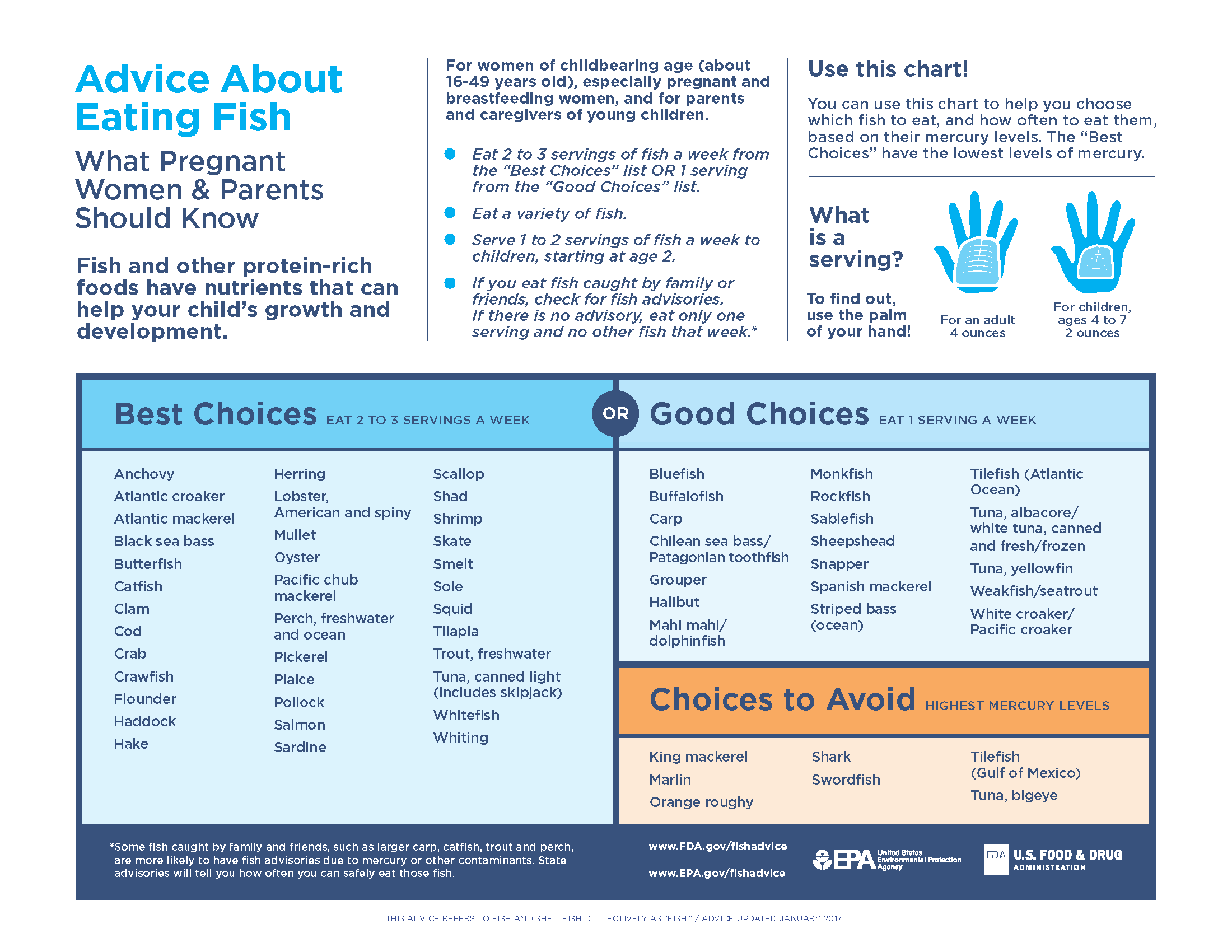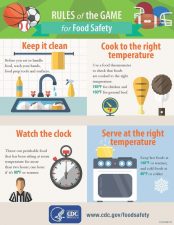- Advertisement -

Popular
Turkey Food Safety Tips
Raw poultry (turkey, chicken, duck, goose, quail, etc.) may contain harmful bacteria such as Salmonella and Campylobacter. Proper preparation, cooking, and storage procedures must be followed - or a foodborne illness can occur.
What are food recalls and alerts?
A food recall occurs when there is reason to believe that a food may cause consumers to become ill. Get the latest food recall alerts from the FDA.
Beach Food Safety
Going to the beach? While preparing for the heat on your body - also plan on the effects of heat on your food. Foodborne illnesses increase during the summer because not only does bacteria multiply faster in warmer temperatures, but preparing food outdoors makes safe food handling more challenging.
Harmful Foodborne Bacteria
Bacteria are a member of a large group of unicellular microorganisms - some of which can cause human disease. Although most bacteria are harmless or often beneficial, some bacteria are pathogenic, or those that can pose a threat to human health or cause illness. Bacteria and viruses are responsible for most foodborne illnesses and are the biggest threat to food safety.
Foodborne Illness: What You Should Know
Foodborne illness is a common – yet preventable – public health problem. Ensuring food safety is increasingly more important as food trends change along with the globalization of our food supply. To prevent foodborne illness, it is necessary to understand how food becomes unsafe to eat and what proactive measures can be taken.

























